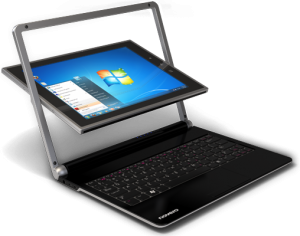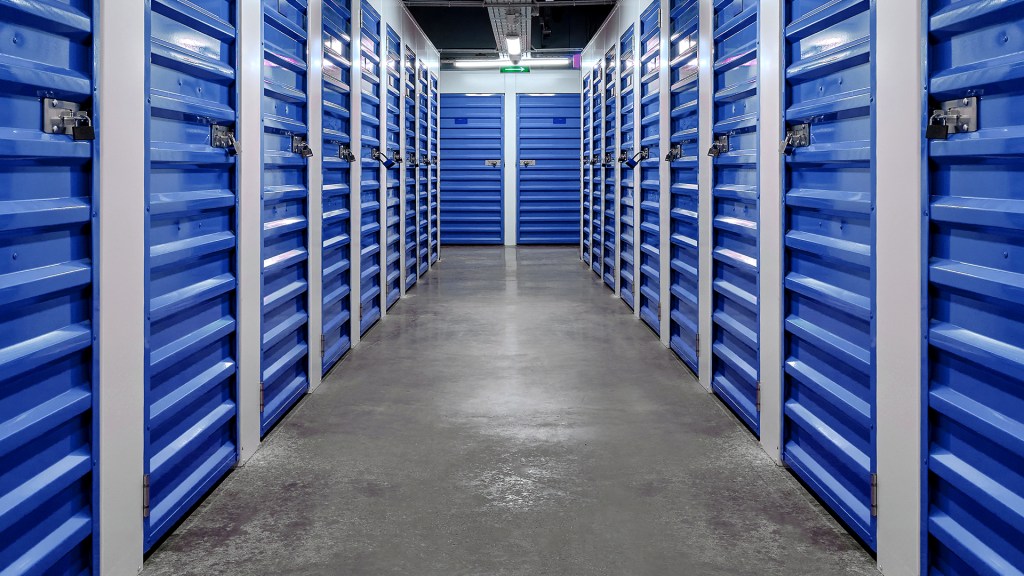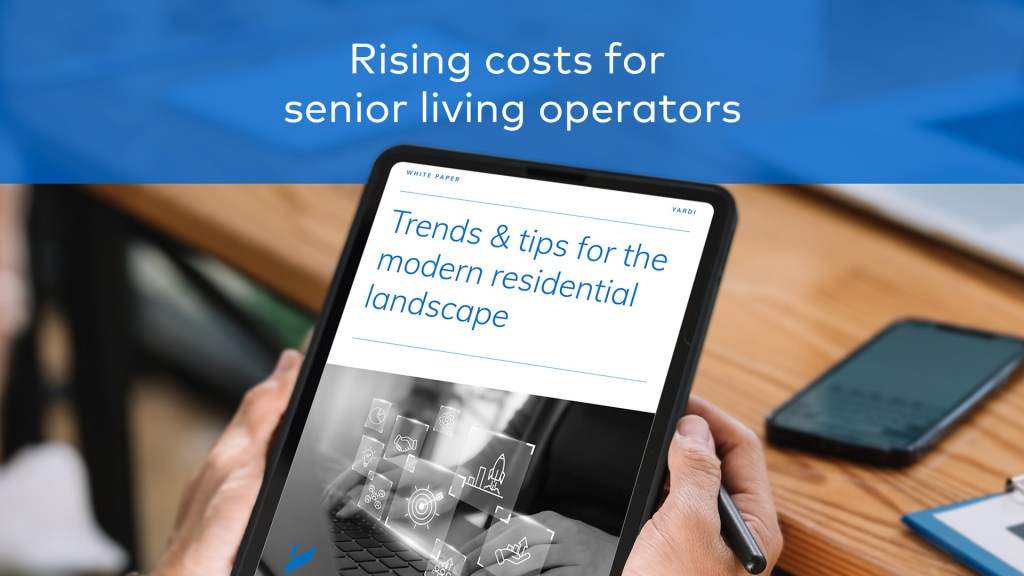By Erica Rascón on April 7, 2012 in Technology
 The campaign towards the perfect device is well underway. Businesses are beginning to accept that they are, perhaps, well beyond the age of the PC. The question now is whether dusk has set on the age of laptops as well. Is the reign of tablets upon us?
The campaign towards the perfect device is well underway. Businesses are beginning to accept that they are, perhaps, well beyond the age of the PC. The question now is whether dusk has set on the age of laptops as well. Is the reign of tablets upon us?
When it comes to business travel, tablets are the lighter, more space savvy alternative to hauling around a heavy laptop. Beyond lightweight and sleek design, tablets are favored by businesses for their numerous easy-to-use features and shortcuts that access to large quantities of data. Highly customizable apps are growing in popularity with businesses as well.
Tablets, however, are currently too limited to serve most businesses adequately. There are two major components that are holding them back: memory and battery life.
A Hole in the Armor
For a while now, the argument has been that tablets cannot replace laptops for businesses and on-the-go business travelers simply because they do not hold enough memory. For those who need to run programs with ample data, the storage available on tablets remains woefully insufficient. Cloud computing decreases the need for tactile storage space but many consumers have yet to fully embrace the cloud’s potential, both for personal and business applications.
The issue of short battery life may soon become moot. Tablet manufacturers are toying with different battery types, overcoming common hurdles such as weight and heat transfer to keep the units compact, powerful, and efficient. At the current moment, there is no tablet that can match a laptop’s performance in a compact package, but that will soon change.
The Formidable Foe
Though tablet sales are soaring among business and personal consumers, it is unlikely that laptops will be replaced within the next five years. NPD DisplaySearch predicts that by 2017, tablet shipments will still lag about 50 million units behind their predecessors.
Laptop shipments will continue to ship out at a higher rate than tablets, yet that is not an indicator that consumers are satisfied. Now that users have been exposed to tablets, the heft of laptops and their more traditional interfaces is much less appealing.
According to Poll Position’s findings, 46 percent of Americans think tablets will replace laptops in the near future. Many would admit that the transition will be slow. 77 percent of tablet owners already use their laptops less, but they have not forsaken them completely. Users will set aside their slim, sexy tablets and head back to their clunkers for certain features: generous screens, advanced programming abilities, and the comfort of a traditional keyboard have proven to be irreplaceable, for now.
One question has formed in the minds of business professionals and laymen alike: when will the tablets and laptops become one?
Consumers aren’t interested in a laptop versus tablet death match. Market research tells us that they in fact want a hybrid, the best of both worlds—likely with a new name—that will equip business travelers with the processing power and storage needed to operate their most complex systems. This unit will fit effortlessly into briefcase with little added weight, and boast the sleek packaging that makes new gadgets so appealing. One effort in this direction is Novero’s Solana, a lightweight laptop/tablet hybrid with a flip and rotate monitor that runs both Windows and Android. Its arguably more laptop than hybrid, but it shows that manufacturers are listening to their customers.
In addition to the laptop/tablet hybrid, Ultrabooks are enjoying rave reviews with consumers and analysts. Ultrabooks—coined by Intel and now used as nomenclature for any ultra-thin, lightweight laptop—packs a powerful punch in a small package. These devices feature at least a Core i3, i5 or i7 processor, SSD storage and USB 3.0 connectivity. Businesses can enjoy all the perks of a laptop’s power and accessibility without the bulk.”
What’s your prediction about the future of laptops, tablets, and what would it take for you to give up your laptop for business travel use – or have you already?



